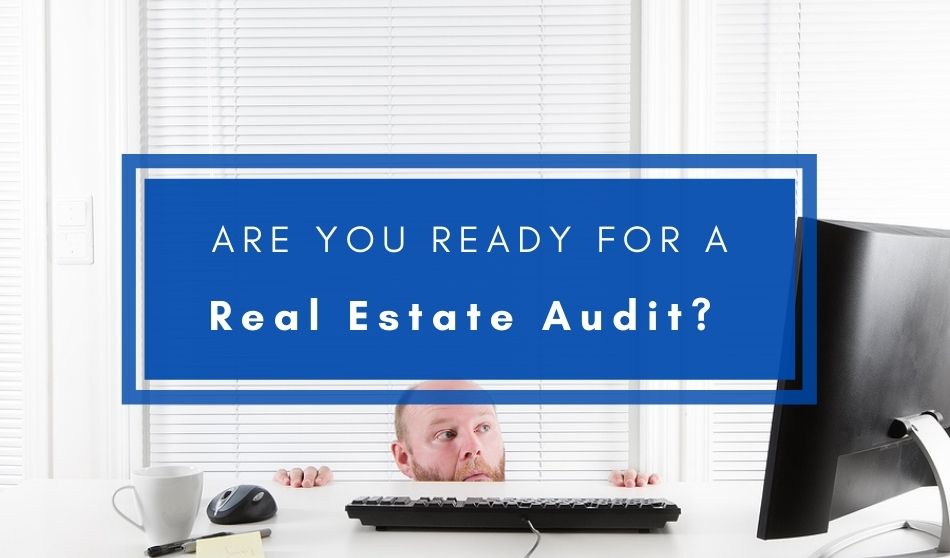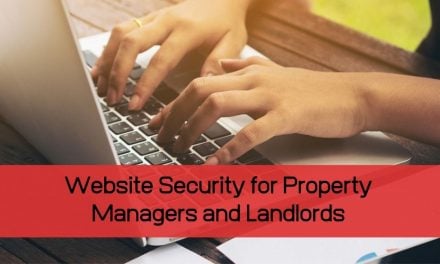
Property management is a complex business with many moving parts. Instead of dreading the request for a real estate audit, you can have peace of mind that the business complies with state regulations and the strictest accounting practices by becoming audit-ready today.
The Different Types of Property Management Audits
Some of the different terms used for these real estate audits vary from state to state based on licensing and business structure. A property management audit could also be known as a:
- Broker Real Estate Audit (also known as a BRE audit), Broker Audit, or Broker Audit Review (BAR)
- Department of Real Estate Audit (also known as a DRE audit)
- Property Management Audit
- Housing Audit
Regardless of the name, the nature of an audit is all the same which is a review of documentation and records to ensure the actions and business practices comply with state regulations.
Property Management Audit Timing
Depending on the state, you may be subject to a routine audit or be required to provide monthly accountability check-ins and reports.
In other areas of the country, you might be subject to a random audit or only when a complaint is filed.
If you are operating in a state with no clear audit schedule, you are still not immune to an unexpected request.
Even if at the state level you have escaped the experience, at the federal level the IRS can request an audit of your financial records and business and banking documentation at any time.
The Importance of Being Audit-Ready
Compliance means your bookkeeping, records, and practices are within the regulations set by your state. The importance of being audit-ready:
- Helps alleviate anxiety over the audit process
- Makes the audit process faster and easier
- Insures operating the business within state guidelines and regulations
- Improves bookkeeping accuracy
- Prepares for end-of-year tax reporting
- Is a marketing touch-point to help build trust with owners and investors
- Reduces financial and legal risks
Over-all, being audit-ready saves time, money, reputation, and protects the business.
How do you know you’ll pass an audit? By being audit-ready.
How to be Audit-Ready
Emily Dickenson puts it best when she wrote:
If you take care of the small things, the big things take care of themselves. You can gain more control over your life by paying closer attention to the little things.
An audit may feel like a huge undertaking, full of anxiety and stress. But by making the small everyday details the big things in your business, it shrinks an audit down to a manageable moment in time.
First, set your goals in line with the state regulations. Then, you’ll want to be sure your systems and protocols complement the goal of compliance.
Best practices rely on proper documentation and accountability routines such as checks and balances within the organization. Using robust property management software can help keep that all organized and at the ready.
It may seem counterintuitive but it’s imperative to slow down and insist on complete accuracy in documentation and business practices:
- Set aside uninterrupted time for data-entry and review.
That might look like closing down the office for a short time and letting calls go to voicemail. - Don’t be tempted by short-cuts on documentation but be brutally detailed.
Most property management accounting software gives you ample areas to document checks, transactions, invoice numbers, and memos. Enter notes in the software for phone conversations and correspondence. Set detailed reminders in the rental software for updating business licenses and other compliance documentation. - Capture what happened in real life (IRL as the cool kids say).
For example: recreate bulk deposits in your software using an undeposited funds ledger and bulk deposit tool to mirror what happened at the bank level. Remember, bookkeeping becomes simplified when it’s documented in a way that replicates the flow as it occurred. - Don’t be creative on your ledgers.
Sometimes it means getting to know your property management software better. Make sure everyone using the software understands posting transactions, uploading files, moving tenants in and out, receiving and returning security deposits, and the like. A good trust accounting software will have the resources you need such as property management training videos, webinars, and a robust knowledge base available. - Transparency is paramount.
Your owners and investors deserve to see accurate and detailed ledgers. Transparency also helps avoid even the appearance of mismanagement, commingling, and fraud. - Get help if you need it.
Hire a bookkeeper, hire an office assistant, create an internship for a college student, delegate tasks to others to free your time. - Conduct your own monthly in-house audits.
- Use audit checklists
- Conduct bank reconciliations
- Use a worksheet to do 3-way reconciliations
- Review business licenses and documentation
What are Auditors Looking for?
Auditors are looking for accuracy and accountability. But that doesn’t mean they are looking to trip you up. This is not a pass/fail scenario and the relationship between your rental business and the state housing commission doesn’t have to be one of contention or fear.
It’s best to think of the audit process as a tool to help your business be the best it can be. The auditor is on your side and is there to help and not hinder. They, just like you, want you to be in compliance for the good of your business as well as for the benefit of those you serve such as your tenants, owners, and investors.
The Audit Process
Many real estate audits focus mainly on the bookkeeping aspect of the business. The questions you may encounter would revolve around your accounting and bookkeeping practices.
They are looking to see if you are not only using trust accounting but are also appropriately managing those trust accounts. They will want to see that you:
- Set up trust accounts correctly with your financial institutions and within your property management software.
- Use trust accounts accurately without commingling of business or personal funds.
- Keep separate accounting ledgers for each trust account, owner, and property.
- Conduct financial activities that match the state regulations for timely owner disbursements and property management fee payments.
- Keep appropriate records (and limits if required) on owner and property reserves.
- Hold and return security deposits in the proper manner.
- Conduct monthly bank reconciliations.
- Keep monthly reports.
- Have accurate data and all accounts balance.
In addition to reviewing financials, an audit may request information regarding your business set up and licensing, operations, policies and procedures, property management agreements, agent and independent contractor licensing and activities, affiliated company disclosures, and marketing.
They will request information to review in those areas above. If they find there are some questions or discrepancies, again, it’s an opportunity to improve your processes. You’ll find that as you work towards cooperation with them, they too will respond in kind. Although there may be some back and forth between providing information, correcting errors in your documentation, and pulling updated reports, before long the audit will be concluded.
Audit Resources
The best resource is to reach out to your state real estate board (also known as a real estate commission) and ask about the process and the requirements.
Being well informed, you can then put in motion the activities required so that a random audit is a welcomed opportunity to test just how well you are managing those important elements of your business.






Thanks for this timely information.
You are very welcome!